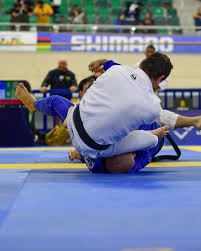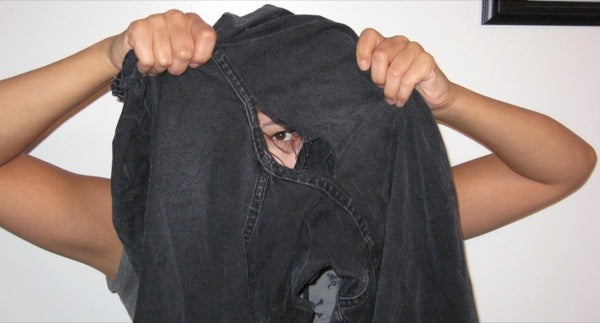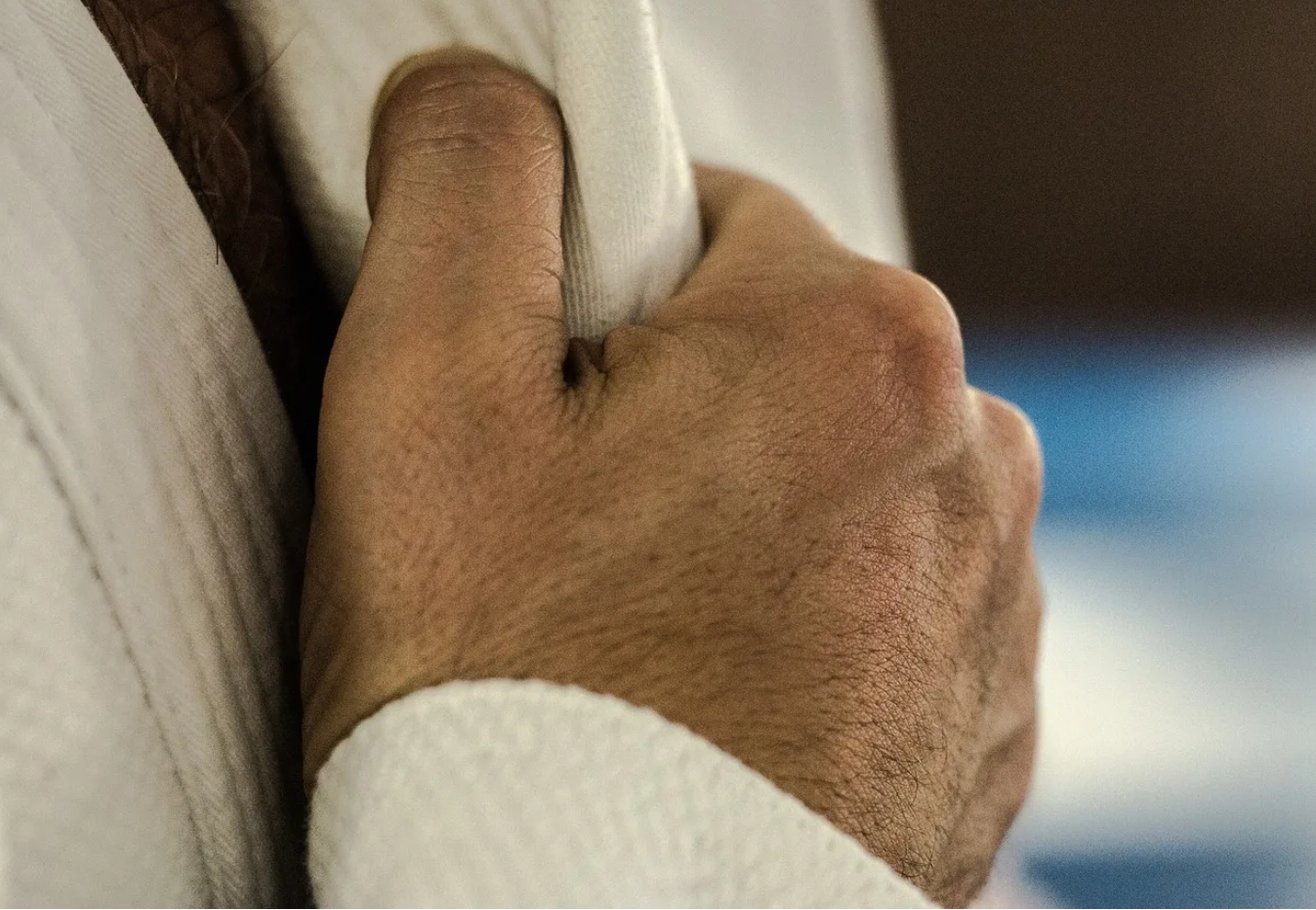IBJJF tournaments are currently the most common events around the U.S. and hold the most prestige. However, athletes must obtain IBJJF membership in order to compete at these events. This article will break down common terminology used in the IBJJF membership and tournament process to help clear up any confusion:
Age:This has nothing to do with your age at the time of competition, but the age you will achieve in that current year. For example, an athlete who will achieve the age of 20 in December 2022 was already considered 20 years old on January 1, 2022. This is especially important for parents to understand for their children as they go up in age division. They cannot compete at the lower age division.
The formula IBJJF uses to calculate your qualifying age is:
AGE = CURRENT YEAR - BIRTH YEAR
Adult: This age bracket starts the year an athlete turns 18 years old. Athletes that qualify for older brackets (Master 1 and older) can still choose to compete in the Adult division. You can go down in the age brackets but you can’t go up. For example, a Master 1 athlete can compete as an Adult instead of Master 1 but an Adult cannot compete in the Master 1 division.
Black Belt Certificate: This is a completely separate process from the membership process. Active Black Belt membership is not the same as the Black Belt Certification process. The membership process only allows the athlete to compete or start the certification process.
Belt Records: A required form for athletes who are skipping belt ranks in the IBJJF system or for first time Brown and Black Belt membership holders. This form requires athletes to indicate their promotion dates at each belt rank to show they have completed the required time.
Juvenile:Athletes aged 16 and 17 years old in the current year. Parents- if your child is still 15 but WILL turn 16 in the current year (even if it is December), they are considered a Juvenile athlete and their belt ranks must qualify under this age division.
Master:Athletes aged 30 years and older can enter Master divisions, broken down further by age (i.e. Master 1, Master 2, etc).
Membership: Creating an IBJJF account is not the same as having IBJJF membership. Athletes must undergo the full membership process and complete payment to activate their membership. Athletes will receive a physical IBJJF card but can use their membership from the moment of completed payment. Active membership is required to register for IBJJF events.
Provisional:Athletes ranked Brown Belt without history as a Purple Belt or ranked Black Belt without history as a Brown Belt in the IBJJF system. These athletes must register under Black Belts with higher degree qualifications as “provisional” athletes.
Qualifying Points: Adult Black Belt athletes must achieve certain point requirements for specific events. Namely, the Pan Championship (Gi and No Gi) and the World Championship (Gi and No Gi). At the time of this publication, only Adult Black Belts (both male and female) have these requirements.
Ranking: Athletes receive ranking points per tournament if they medal. The points do not transfer between belt ranks or age divisions.
Rules Seminar / Webinar: This is not a mandatory course for athletes but any athlete can choose to take the course. It is only mandatory for those who intend to join the Referee Training Program or those applying for their Black Belt Certificate.
Single-Bracket: Athletes who are alone in their bracket with no opponents are considered single-bracket athletes. These athletes will either need to change their division or collect the medal automatically.
Single-Elimination:IBJJF events are single-elimination, meaning that one loss dismisses you from the subsequent brackets. However, a 3-man bracket allows for more than one match dependent on the results.






Leave a comment (all fields required)